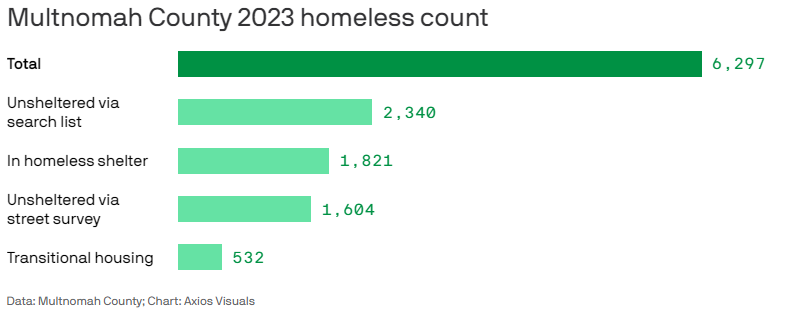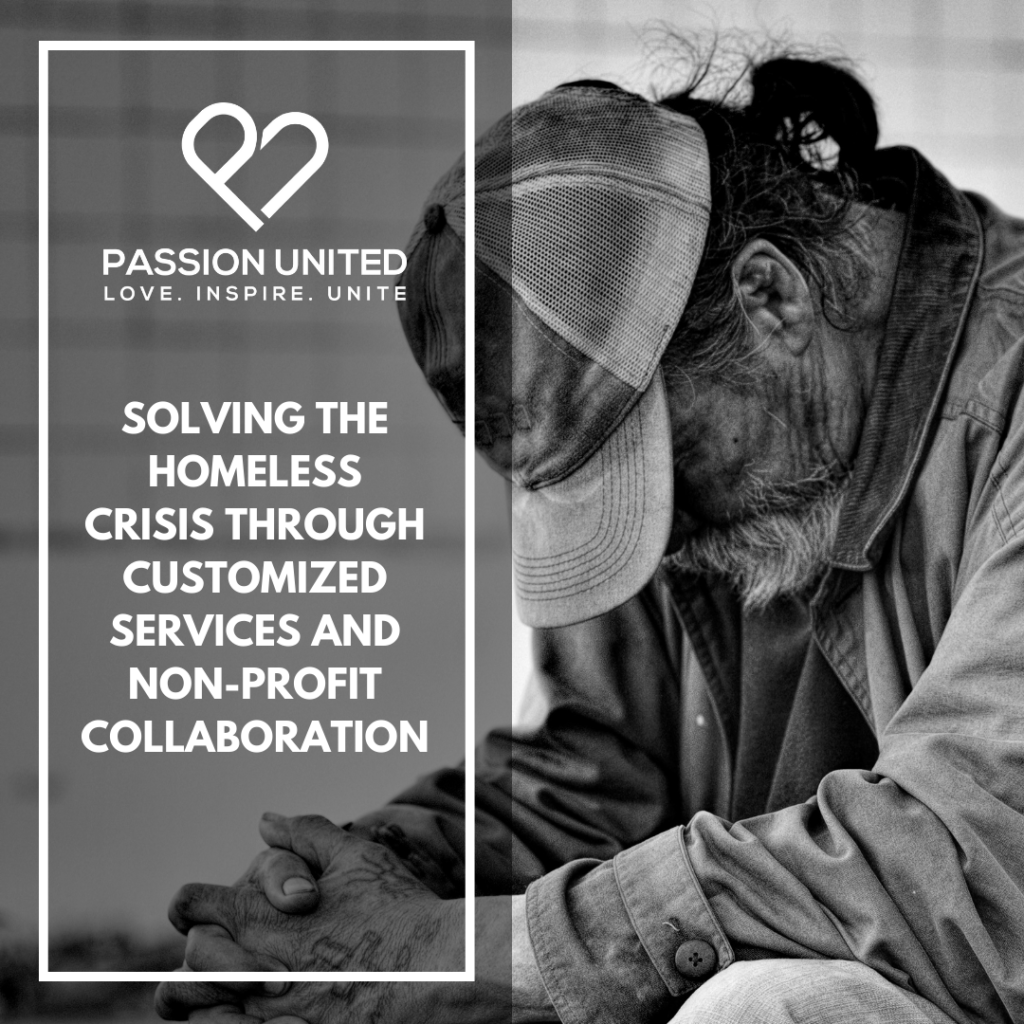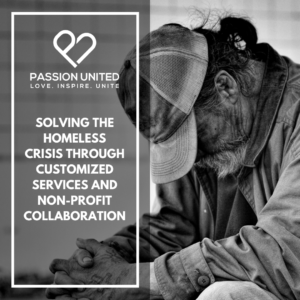New numbers on Multnomah County homelessness, released May 12th, shed light on the current state of the issue in Portland, Oregon. The data revealed a 16% drop in chronic homelessness, indicating progress in assisting individuals with long-term housing challenges. However, the overall numbers have risen by 20%, emphasizing the urgency to address the broader factors contributing to homelessness. To effectively tackle this issue, it is essential to implement comprehensive solutions that encompass preventive measures and provide customized services to those in need. By offering support to low-income individuals before they become homeless and implementing case workers with customized holistic services, we can empower individuals to overcome the hurdles that contribute to homelessness. Moreover, by leveraging the resources and expertise of non-profit organizations, Portland can alleviate the burden on government agencies. Let’s explore the significance of this holistic approach.

Preventive Measures: Helping Low-Income Individuals
Addressing homelessness requires a multi-faceted approach that includes proactive efforts to prevent individuals from becoming homeless in the first place. By providing support to low-income individuals before they reach a crisis point, we can make a significant impact on the houseless issue in Portland.
a. Affordable Housing Initiatives: One crucial preventive measure is the implementation of affordable housing initiatives that prioritize low-income individuals and families. By ensuring access to safe, stable, and affordable housing options, we can prevent homelessness from occurring and provide a solid foundation for individuals to build their lives upon.
b. Financial Support and Job Training: Assisting low-income individuals with financial resources, job training programs, and access to education can empower them to secure stable employment and improve their financial well-being. By helping individuals increase their earning potential, we reduce the likelihood of homelessness and promote long-term stability.
c. Supportive Services: Offering support services such as childcare assistance, healthcare access, and transportation subsidies can alleviate some of the challenges faced by low-income individuals. By addressing these barriers, we can reduce the risk of individuals slipping into homelessness.
d. Life Coaching Solutions: In addition to traditional support services, implementing life coaching programs can have a transformative impact on low-income individuals. Life coaching can inspire and empower individuals, helping them identify their strengths, set goals, and develop the necessary skills to overcome obstacles. The benefits of coaching include increased self-confidence, improved decision-making, and enhanced resilience—all of which are crucial for preventing homelessness and fostering personal growth.
Customized Holistic Services for the Homeless
For those already experiencing homelessness, providing case workers with customized holistic services can be instrumental in helping them regain stability and transition into suitable housing. By tailoring support to the unique needs of individuals, we can address the underlying factors contributing to their homelessness.
a. Substance Abuse Help and Mental Health Services: Substance abuse and mental health issues are prevalent among the homeless population. By offering comprehensive addiction recovery programs, mental health counseling, and therapy services, we can support individuals in overcoming these challenges and rebuilding their lives.
b. Access to Nutrition and Healthcare: Homeless individuals often face barriers to adequate nutrition and healthcare. Providing nutritional education, access to nutritious meals, and healthcare services can improve their overall well-being and increase their chances of successfully transitioning out of homelessness.
c. Job Training and Employment Assistance: Equipping homeless individuals with job training programs, vocational skills, and assistance with job placement can significantly increase their chances of securing employment and regaining financial stability.
d. Life Skills and Financial Literacy: Offering programs that focus on essential life skills, financial literacy, and budgeting can empower individuals to manage their resources effectively and make informed decisions, ensuring long-term stability beyond securing housing.
Collaborating with Non-Profit Organizations
Collaborating with non-profit organizations is essential in addressing the homelessness crisis in Portland. By leveraging their expertise and resources, we can enhance the effectiveness of our efforts and provide a more comprehensive response.
a. Government Education Initiatives: Government agencies can take proactive measures to educate non-profit organizations about all the current services and resources available. This can be achieved through recorded videos or informational sessions that outline the various government programs and initiatives. By equipping non-profits with this knowledge, they can serve as a go-to resource for individuals seeking assistance, alleviating the burden on government systems and ensuring that people have easy access to the services they require.
b. Utilizing Non-Profit Case Management and Coaching: Non-profit organizations can play a vital role as case managers and coaches for those in need. By running federally and state-funded grants through non-profits, they can act as intermediaries, providing personalized support and guidance to individuals experiencing homelessness. Non-profit case managers can offer comprehensive assistance, helping individuals navigate through various services, access resources, and develop individualized plans for stability.
c. Collaboration with Reputable Third Parties: Non-profit organizations can further enhance their impact by collaborating with reputable third-party service providers, such as counselors, substance abuse centers, and other specialized support organizations. These collaborations can create a comprehensive holistic support system for homeless individuals, addressing the various aspects of their needs, including mental health, addiction recovery, and specific challenges they may face.
By fostering strong partnerships between non-profits, government agencies, and third-party service providers, we can create a seamless network of support for individuals experiencing homelessness in Portland. This collaborative approach allows for efficient resource allocation, specialized expertise, and a comprehensive range of services tailored to the unique needs of each individual.
Let’s share these solutions with government officials and on social media to drive change. Together, we can create a compassionate and supportive community that inspires and uplifts those in need, working towards a future where homelessness is eradicated and everyone has access to safe and suitable housing.






